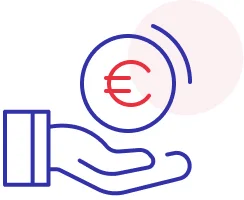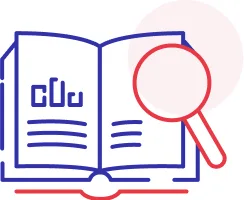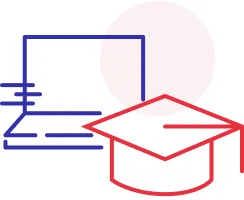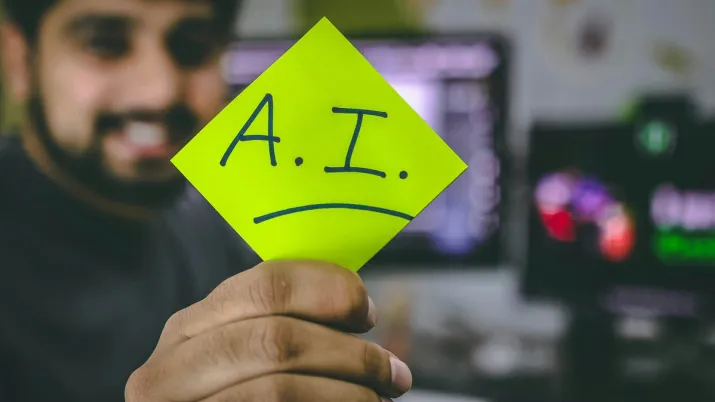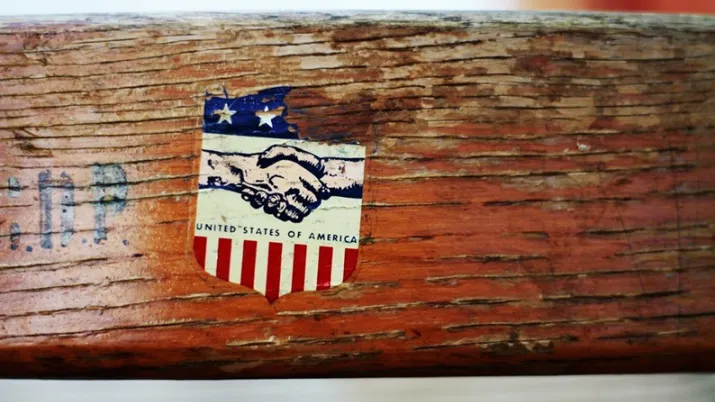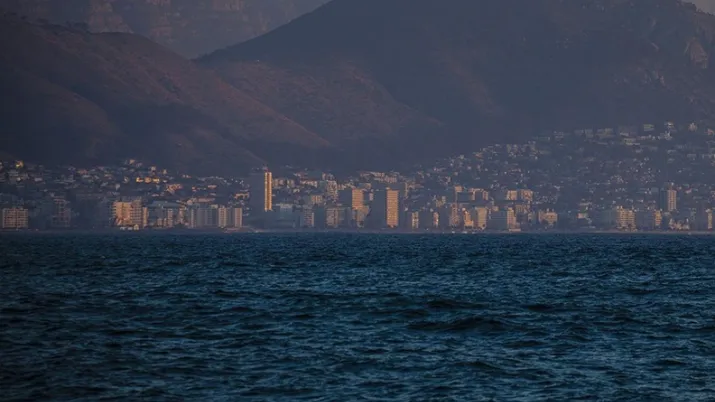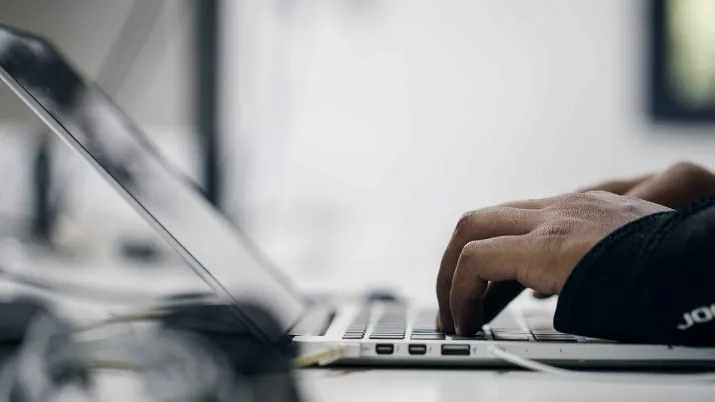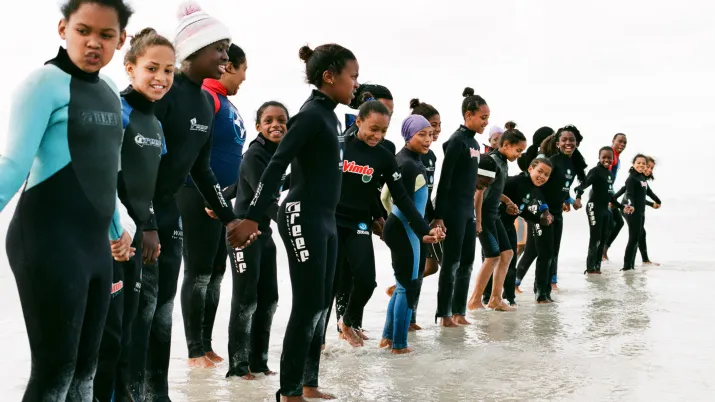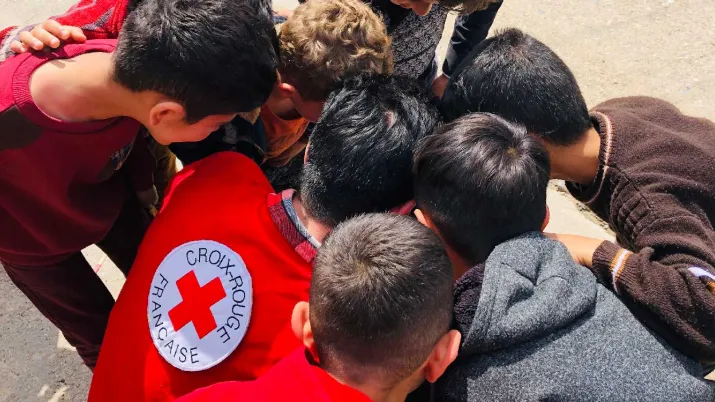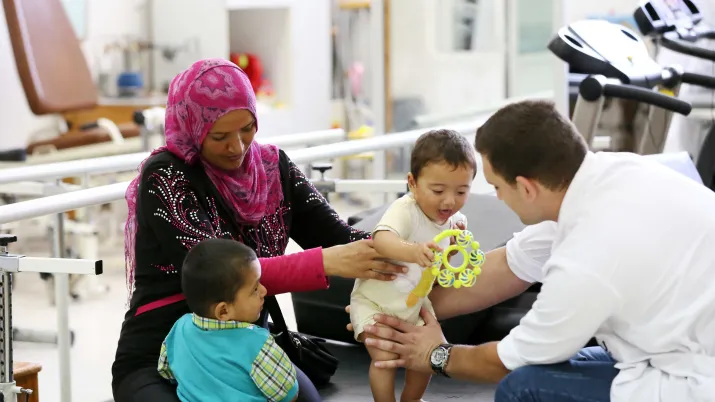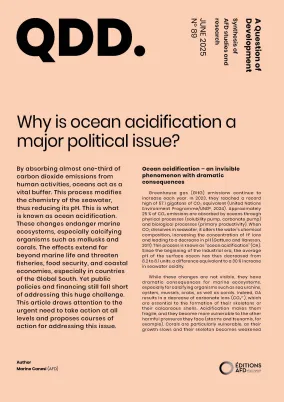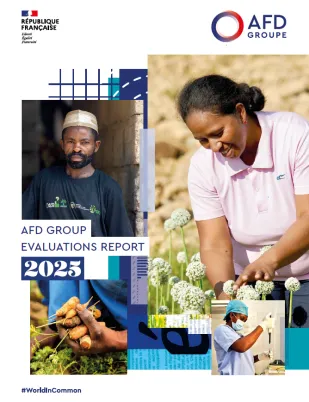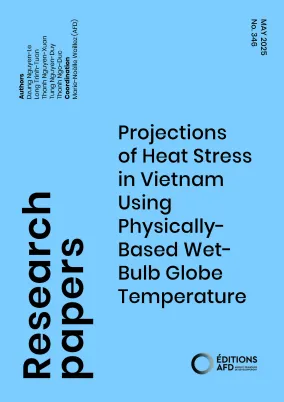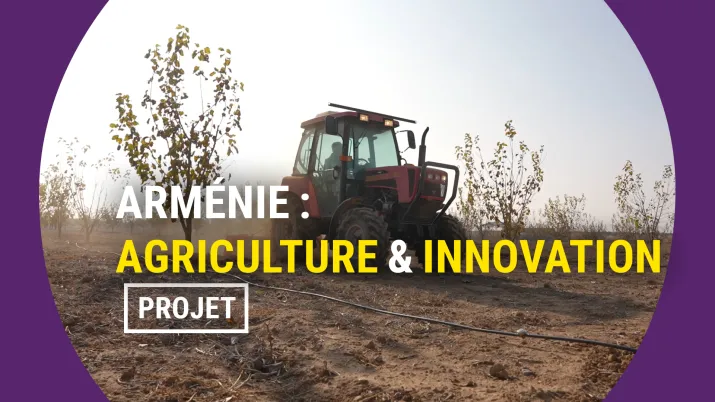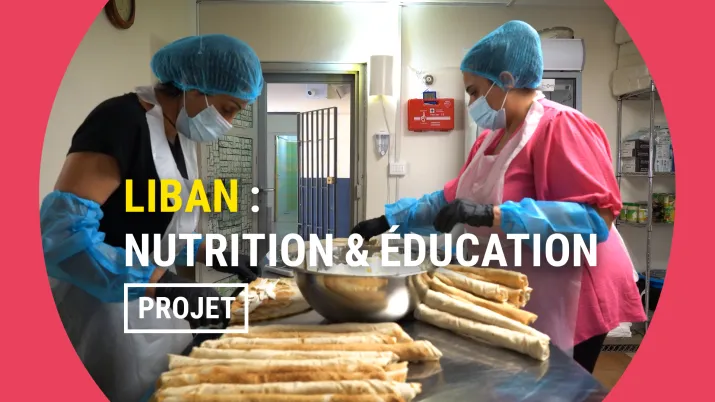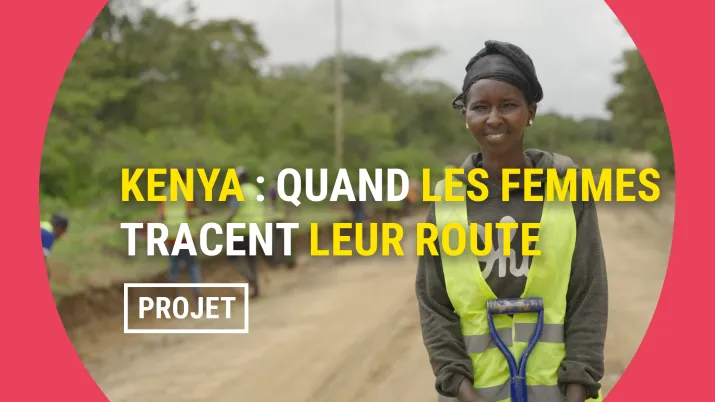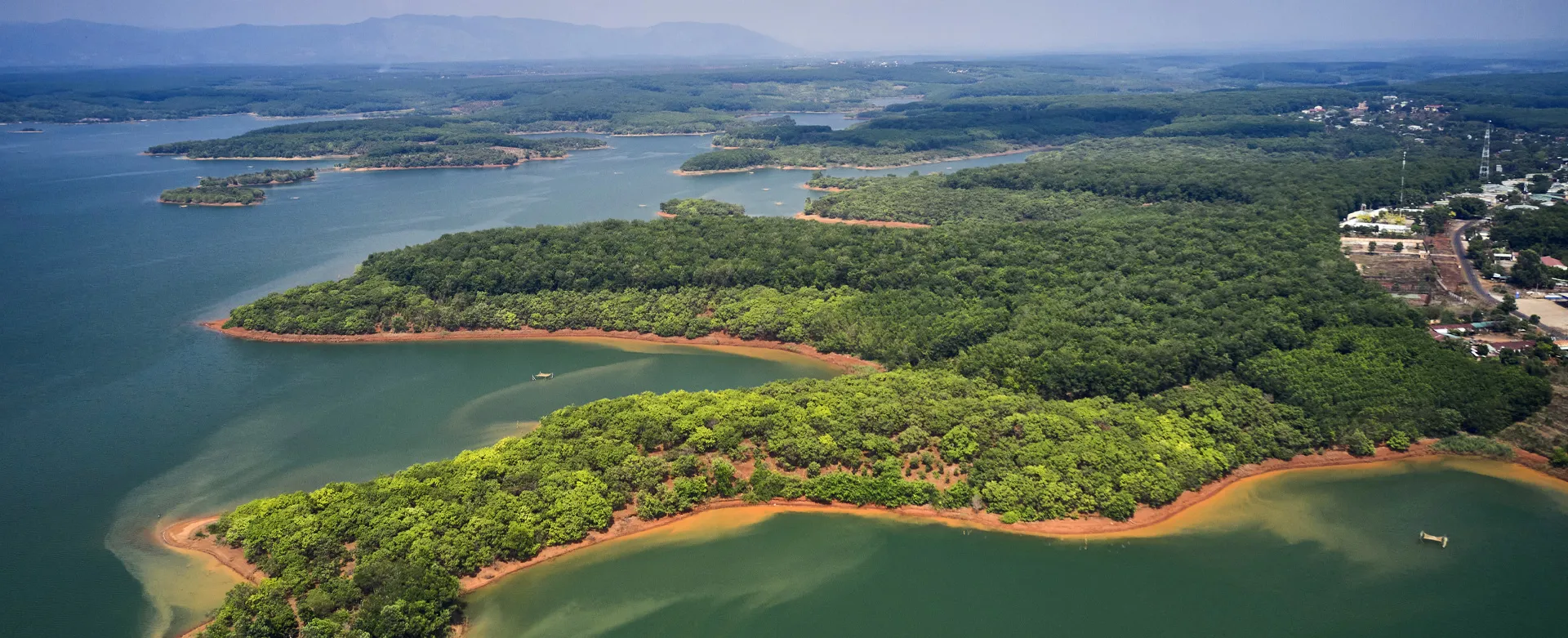
Investing in a World in Common
Our expertise
About us
Climate, biodiversity, peace, education, employment, gender equality, global health… Our teams are involved in over 4,000 projects across the French Overseas Territories and in 160 countries. In doing so, we contribute to France’s policy on sustainable investment and international solidarity, in support of the Sustainable Development Goals (SDGs).
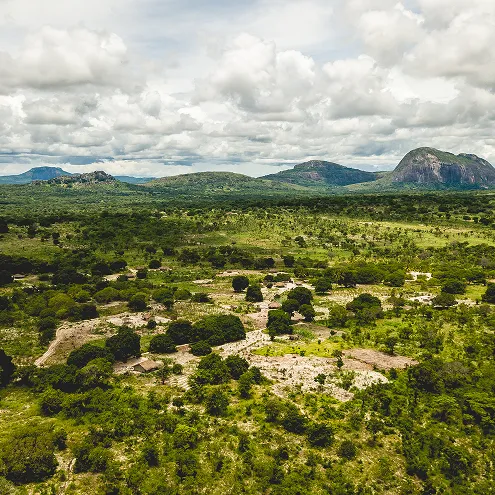
Where we operate
With a network of 85 offices across five continents, AFD operates through 17 regional directorates worldwide, including in French Overseas Territories and Brussels.
Its operations are structured around five geographic areas: Africa, the European Neighbourhood, the Orient, Latin America, and the Three Oceans.
Latest news
New Delhi summit calls for AI in the public interest
One year after co-chairing the AI Action Summit in Paris with France, India hosted the first AI Impact Summit in New Delhi. The goal was to promote artificial intelligence that responds to local needs...
Published on February 23, 2026
One year after the closing of USAID: “The story isn’t over for international solidarity”
Published on February 3, 2026
How can we ensure equitable technological development in the age of AI and data?
Published on January 27, 2026
Current events
Who controls critical minerals in a fragmented world — and what is left for developing countries?
The energy transition is opening new development opportunities, driven by the growing demand for green technologies. Yet developing countries often remain confined to the role of raw-material supplier...
Online
Building bridges through AI
Fostering India–Africa–France Dialogue to Advance AI for the Common Good
Online
AFD-OECD Joint Workshop
Ministries of Finance, Public Development Banks, Financial Authorities and the Legacy of COP30: Towards Just Transition, Climate and Nature Economic Policy Scenarios
Projects with sustainable impact
Improving access to basic education for vulnerable children in Kurdistan of Iraq
Ongoing
2017 - 2020
Publications & Media
Videos
Armenia: Innovating for more resilient agriculture
Published on February 24, 2026
In Lebanon, eating healthy at school to learn better
Published on January 22, 2026
In Kenya, women are building roads to opportunity
Published on December 16, 2025
Impacts in figures
-
121 million people will benefit from improved access to essential services (water, energy, health, sanitation...) thanks to solidarity and sustainable investments (SSI) granted in 2024
-
40 million hectares of natural areas and forests have already been conserved or restored thanks to investments made between 2014 and 2024
-
1st development bank 100% aligned with the Paris Agreement
-
55% of our projects include a goal to promote gender equality

